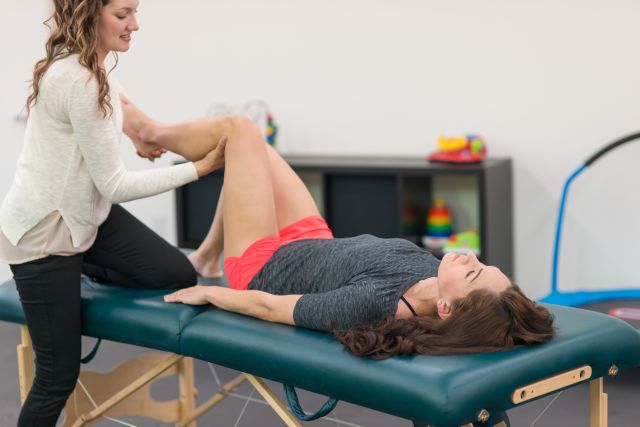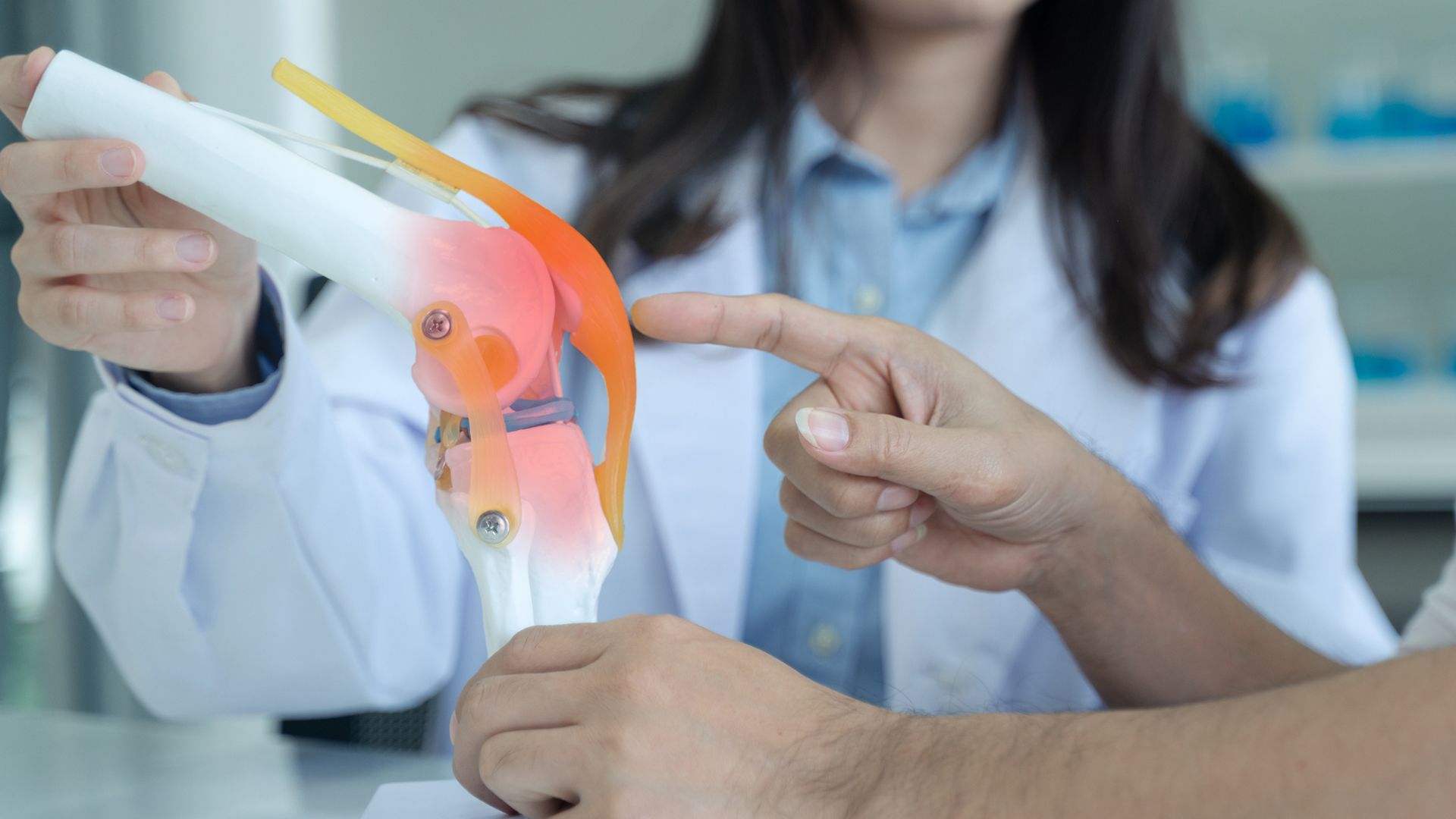Surgery is the most common treatment for tenosynovial giant cell tumors (TGCTs), a rare type of tumor that occurs in the tissues that make up the joints.
In the majority of cases, TGCTs are benign, meaning they are not cancerous. However, TGCTs can severely impact the functioning of the affected joint, causing pain, swelling, damage, and loss of mobility. In some cases, TGCTs can lead to disability.
The type of surgical procedure used to treat TGCT will vary depending on a number of factors, including:
- The location, type, and size of the tumors
- Medical history, including previous surgeries
- A person’s age, overall health, and preferences
- The risk of recurrence, disease progression, and disability
The idea of having joint surgery can be intimidating, even overwhelming. Here, we look at strategies that can help you prepare for surgery.
Ask questions
The decision to have surgery will be one that you make with your healthcare team. It’s essential to learn as much about your diagnosis as possible. One of the best ways to do this is by asking questions when you meet with your healthcare providers—every case of TGCT is different, and your best source of information is your healthcare team.
Here are some questions to help you get started:
- What type of TGCT do I have?
- What type of procedure is recommended?
- What are the benefits of having this surgery? What are the risks?
- What is your experience with this procedure?
- What do I have to do to prepare for the procedure?
- How much will the operation cost?
- Will you need to stay overnight in the hospital?
- How long will it take to recover from the procedure?
- What will the recovery process look like? For example, will you need to go to physical therapy.
- What is the likelihood of recurrence?
Make sure you are confident in your surgeon’s abilities. Bring up any concerns you have about the procedure. Ask your healthcare providers what they need from you.
Prepare financially
The cost of surgery can add unwanted stress to the process of surgery to treat TGCT. When it comes to medical bills and out-of-pocket costs, you want to know everything ahead of time. This will hopefully reduce stress and allow you more time and energy to focus on recovery.
- Create a filing system for all paperwork related to your condition. Staying organized can help you reduce stress and stay on top of important dates and important documents.
- Find out about insurance coverage. Know the out-of-pocket costs that you will be responsible for and when payment will need to be made.
- In addition to the cost of the procedure, know the cost of things like medications, physical therapy, and follow-up appointments.
- Ask about in-network and out-of-network providers that will be involved in the procedure—for example, you want an anesthesiologist who is in-network.
Prepare emotionally
Surgery can be an emotional burden. There’s the anticipation leading up to the procedure, the challenges of the recovery process, and the overall uncertainty that comes with a condition like TGCT. Do not ignore your mental and emotional health during this time.
- Consider working with a patient navigator, who can help guide you through each step of the process.
- Consider working with a mental health professional, such as a therapist or counselor, who can help you find healthy ways to cope with any stress or anxiety you are experiencing leading up to surgery and during recovery.
- Talk to your healthcare providers. Remember, they are there to address your concerns.
- Take some time to yourself each day. You might want to try a specific activity to reduce stress, such as meditation. You may also just want to schedule some time to read a book, watch a show, or call a friend.
Prepare your support system
In addition to being an important source of emotional support, your loved ones can also be an important source of practical support with things like:
- Driving you to and from the hospital for your procedure.
- Taking care of household chores, such as childcare, watering plants, taking care of pets, and collecting mail.
- Helping you out once you’re home, with things like preparing meals, running errands, or doing household chores.
Prepare yourself physically
Following a healthy lifestyle is important before and after surgery. A healthy lifestyle involves eating a balanced diet, staying physically active, and getting enough sleep. Talk to your healthcare team about how to stay active, as some forms of exercise may not be safe or recommended when joints are affected by TGCT.
It’s also important to avoid unhealthy habits, like consuming too much alcohol and using tobacco products. If you smoke, quit—smoking can cause breathing problems and worsen recovery from both surgery and anesthesia. Even quitting just days before you are scheduled for surgery can be helpful.
TGCTs and surgery are different experiences for everyone. Spend time thinking about what your experience has been like and what you need. And when in doubt, talk to your healthcare providers.






